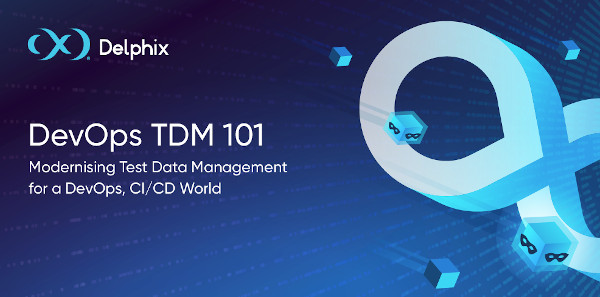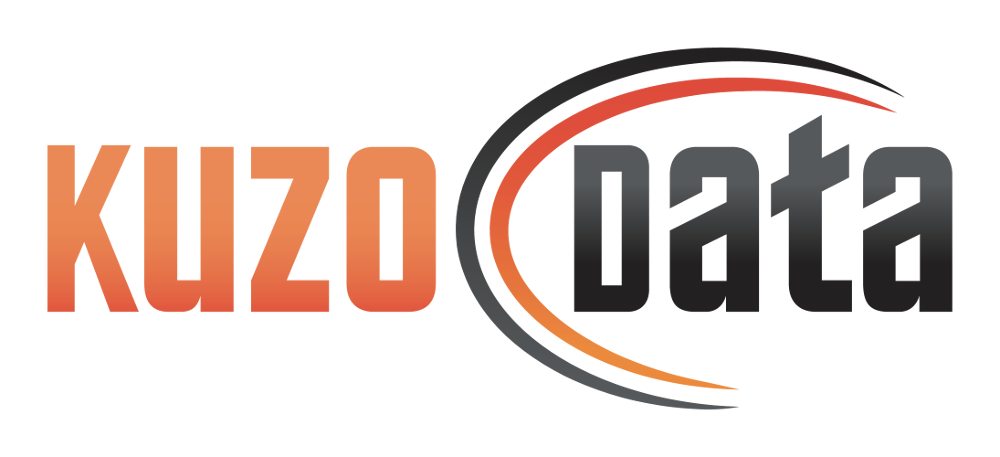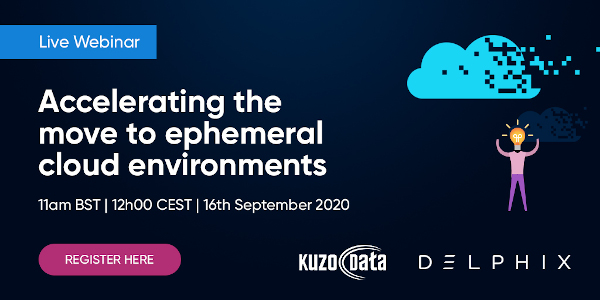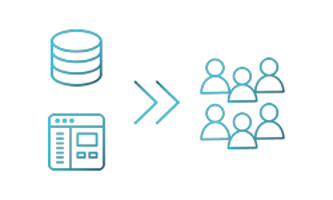
Digital transformation requires accelerated software release with quality and compliance. While DevOps has moved the needle on this goal, data is still a key constraint limiting your success. Legacy approaches to Test Data Management (TDM) fall short of DevOps speed and quality requirements. They result in slow, manual, error-prone, stale and noncompliant test data.
In this webinar Woody and Matthew explore the challenges and modern requirements for TDM in order to support a successful DevOps initiative. They discuss how DevOps TDM will help you deliver your software with speed and quality while ensuring data compliance in dev/test environments.
Watch this webinar to learn more about:
- Limitations of legacy TDM approaches
- DevOps requirements for Test Data Management
- How DevOps TDM can automatically deliver fast, quality, compliant data
DevOps TDM 101 – click here









